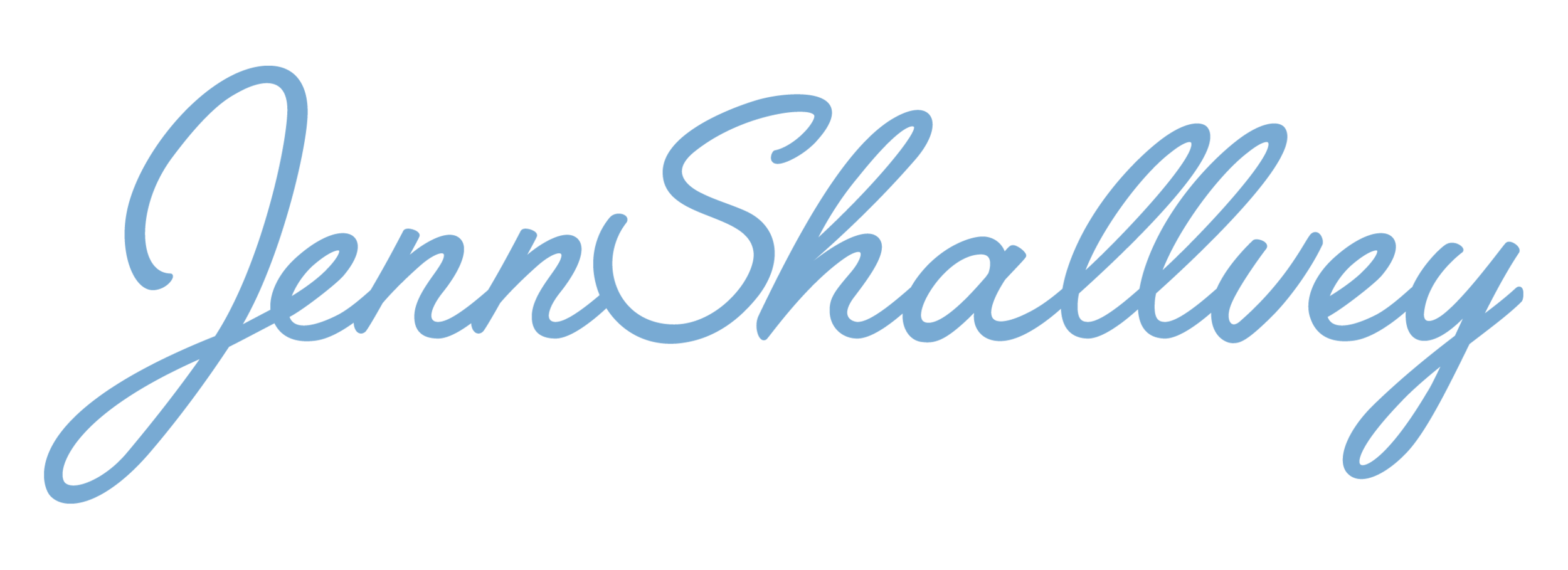Inner wisdom - filter your filters
As emotional, thinking human beings it is fairly normal to complicate our lives and work. This can occur through over analysis, repeated need for external validation and confusion from information overload. Add on top the expectations of others and layers and layers of filters subconsciously added to the way we see our world. You see as we develop and grow we learn to fit in and follow what others teach and tell us. We test out boundaries and learn soon what is accepted and what is not. To make life easy we tend to go the way of acceptance than not.
Yet when we tune in and sense our intuition our focus is on internal guidance not what others have to say. So we end up with a more self directed, inner knowing that points us in a direction that is right for us.
Accessing intuition requires trust. The trust is in how we listen to our self and not what others say. There is a place for what others say but the first point of focus is what is right for us.
To help make this work then it becomes imperative that you filter your filters. By filters I mean the layers and layers of thinking in your mind that are inherited from others.
When we invite an intuitive response to a situation it will be:
- simple
- straightforward
- supportive
- helpful
- immediate.
What may come up as you think about your intuitive response is that the answer is not what you expect on a personality level. It may not be what you want on an emotional level. Yet objectively the answer is ‘right’ for you.
Because the answer may not fit with your expectations you dismiss it. Then the next thing you are doing is logically over thinking an alternative response or changing your instinctual response. Usually the first response is the right response.
Where thinking and evaluation does come in handy is when you then consider how to respond to your intuitive response. Here you bring in your experience, training, knowledge and other skills. So it is not about dismissing your analytical and evaluative thinking processes but refocusing the priority and attention.
For example, when diagnosing a problem you may ask yourself 'what area can I look at first that will lead me in the best direction for the answer I seek'. You might get an immediate answer 'do more research and contact a couple of people to interview for more information'. Your logic or emotional response might be that 'you don't have time'. Another emotional reaction might pop up with you 'not wanting to share the limelight with another person'.
Acknowledging these emotional and critical responses you then go back to the original answer to your question. With this question then you respond with an exploration of 'how can I go about organising research and how do I identify who to speak to?'
There is more to this of course. But on a high level you can see the different aspects playing out. Working with your inner wisdom, and bypassing your filters, means being more direct, constructive and focused.
So when honing your intuition in a situation consider the following:
- Ask the best question (this is key and takes practice)
- Pay attention to your immediate answer.
- Be aware of your habits to criticise, dismiss, challenge what you get.
- Notice what filters you use in your self critique, not the ones that affirm.
- Accept that these filters exist.
- Go back to your immediate answer.
- Now explore what to do with this answer.
- Revisit each filter separately independent of this process to understand more.
- As you address your filters you can unlock your creativity, objectivity and acceptance.
- Have fun and enjoy the experience.
I won’t go into the details of each of the above other than to say you could use your intuition to explore the questions. I can give you more information but this may get in your way. What works is to play with the concept in some not too serious areas of your work and life. Then see what works for you and doesn’t. Reflect on your practice and then see where you evolve.
If you get stuck or need a bit of help let me know.

